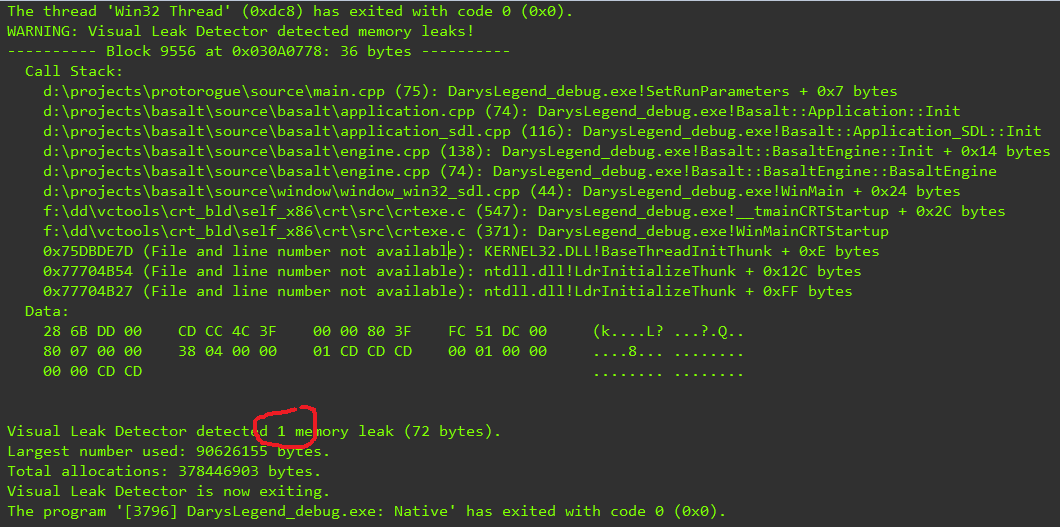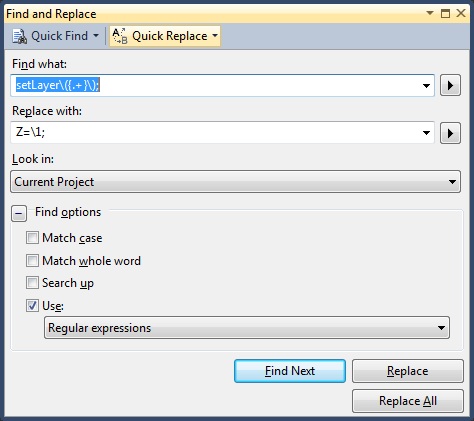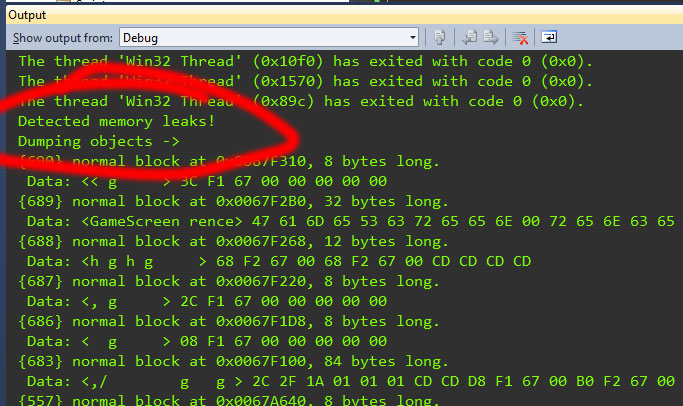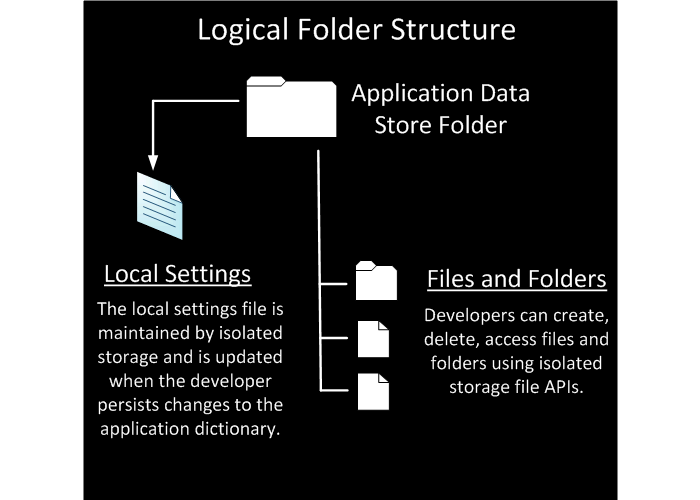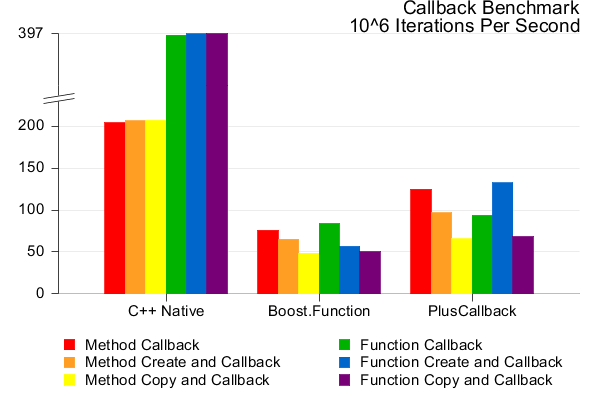
Gamedev tricks used by developers
🧵 origin thread In 2018 I started a thread on Twitter (later renamed X 🙄) where I shared some game development tricks devs used to get around bugs, software, hardware and/or time constraints. Later I kept adding more posts to that thread, and there’s some cool information there. But because I now went through the process of replicating that thread on both Mastodon and Bluesky; it got me thinking, I should probably put this on my own blog, a single post, which is easier to read, also in case those websites are ever gone. If I find more I’ll add them later. This page may take a bit to load due to images, gifs videos etc. ...
